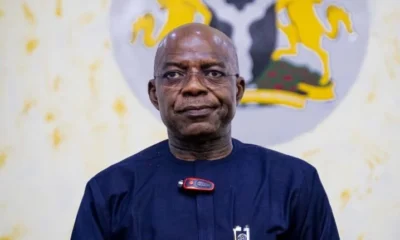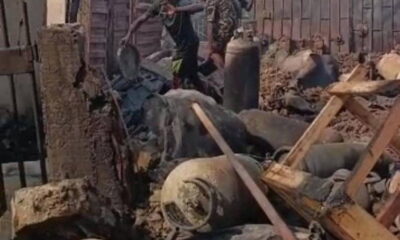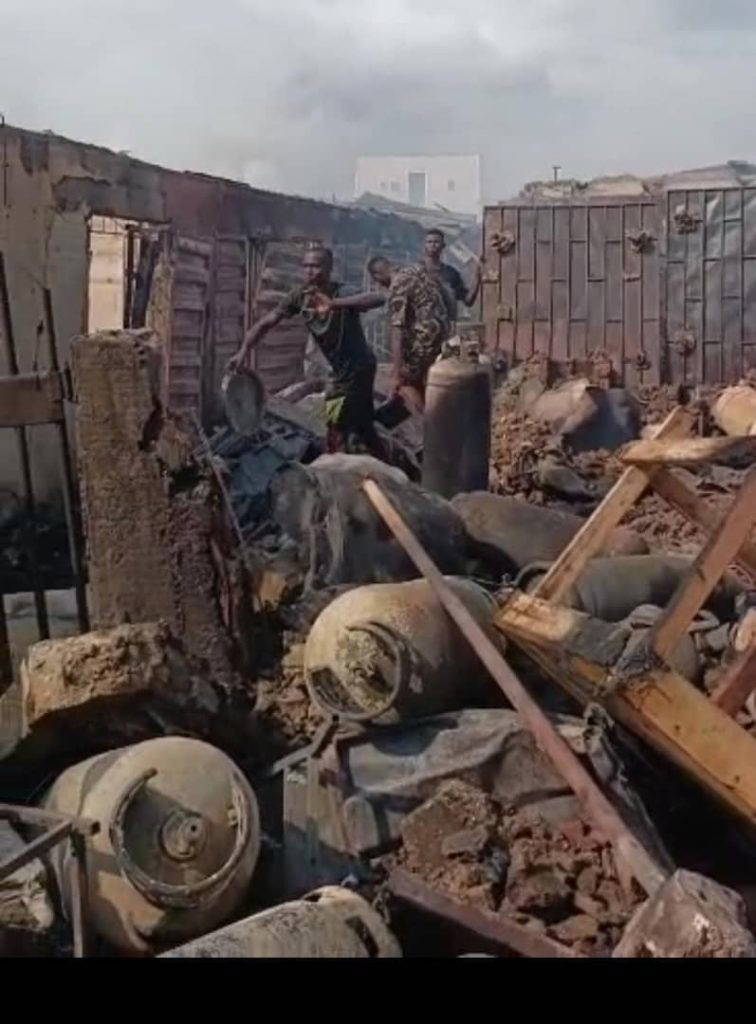According to Lanre Issa-Onilu, Director-General of the National Orientation Agency (NOA), the recent tanker disaster in Niger State resulted from carelessness and deteriorating societal standards.
During a Thursday appearance on Channels Television’s Sunrise Daily, the agency chief called the tragedy “frustrating” and preventable.
“It’s very frustrating, but we saw it coming. After the Dikko explosion (earlier this year) in Niger State, the President gave us a marching order to conduct a nationwide sensitisation,” Issa-Onilu said.
READ ALSO: Fire destroys furniture section of Alaba market
The agency had reached out to various groups including traditional rulers, faith-based leaders, law enforcement, and young people. However, Issa-Onilu attributed the continued disasters to inadequate community governance.
“Our findings show that sensitisation alone won’t solve this problem. People are aware of the danger but ignore it.
“It’s the failure of leadership at the community level. This particular incident involved the entire community,” he said.
The NOA director mentioned discussions with the Nigeria Union of Petroleum and Natural Gas Workers (NUPENG) regarding enhanced safety protocols.
Downstream petroleum regulators are currently formulating updated rules to address such emergencies, he added.
Issa-Onilu strongly criticized the practice of collecting fuel from overturned tankers, labeling it both illegal and ethically wrong.
“Why do you go near a spillage when you know the risk involved?” he asked, noting that “It happened in Dikko recently; it shouldn’t happen again.”
The behavior demonstrates society’s moral decline, he argued, emphasizing that leaked petroleum remains the property of its owner, making its appropriation tantamount to stealing.
“Our values have eroded over the decades. Parents should ask their children why they want to take what belongs to another person.
“Even that fuel belongs to someone’s investment. The act of taking it is theft and prosecutable,” Issa-Onilu said.
He stressed that community intervention during such incidents should aim to preserve the owner’s property rather than exploit the situation.
“It’s beyond a fallen tanker. It’s a whole-of-society issue tied to value orientation,” he added.
The Niger State tragedy in Essa community, Katcha Local Government Area, claimed 42 lives with more than 60 injured.
Tuesday, October 21, 2025, witnessed the disaster when the tanker capsized on the deteriorated Bida–Badeggi–Agaie Road and ignited as locals attempted to collect its contents.
The National Emergency Management Agency (NEMA) reported that casualties included nine men, 24 women, and nine children.
Various agencies including police, DSS, NSCDC, FRSC, and community volunteers arrived at the location.
Search efforts proceeded as some residents remained missing.
Local authorities pointed to the highway’s poor condition as a contributing factor.
They called on federal and state authorities to immediately repair the road to avert similar disasters.
Following Governor Umaru Bago’s instructions, a team headed by Special Adviser on Special Duties Murtala Bagana inspected the site and medical facilities.
Bagana announced the governor’s authorization of complimentary comprehensive treatment for all those affected.
The most critically wounded were transferred to National Hospital, Gwagwalada, and Federal Medical Centre, Bida, he confirmed.
Information Minister Mohammed Idris, in another statement, conveyed the Federal Government’s sympathies to Niger State residents following the disaster.
Despite continuous advisories, certain individuals persist in recovering fuel from crash sites, endangering themselves, he observed.
NEMA received instructions to assist with rescue operations and victim support, the minister stated.
Peter Obi, who ran for president under the Labour Party, voiced his sorrow regarding the event.
He said it was painful that “poverty continues to drive our people into situations where they must dangerously risk their lives to survive. No one has to die simply trying to live,” Obi stated.

 News2 weeks ago
News2 weeks ago
 News4 weeks ago
News4 weeks ago
 Features3 weeks ago
Features3 weeks ago
 News4 weeks ago
News4 weeks ago
 News3 weeks ago
News3 weeks ago
 News3 weeks ago
News3 weeks ago
 News7 days ago
News7 days ago
 News3 weeks ago
News3 weeks ago



























